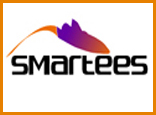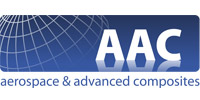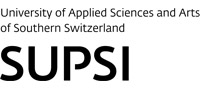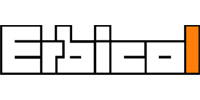Key Data
- Acronym: SMARTEES

- Name: Multifunctional components for agressive environments in space applications
- Duration: 36 months (01.01.2011 | 31.12.2013)
- Number of Partners: 7
- Funding source: Seventh Framework Programme (FP7 website)
- Total Budget: €2.7M
- Project webpage: www.smartees-project.eu
- Status: active
Abstract
The aim of this proposal is the development of ceramic composites structures which are needed for applications in aggressive environments, where (oxidative) and temperatures are required, such as hot parts of space vehicles for orbital re-entry (reusable launcher vehicles, RLVs). The solution will be focused on re-usable systems.
As expressed by the European Commission a non-dependent access to the critical space technology is required at European level. Therefore the strategy is to focus on materials systems able to be in a medium term independent from the technologies that already exist outside Europe (mainly in USA, China and Russia). The technical approach is focused on the development of multilayer concept based on high temperature ceramics (HTCs) and ultrahigh temperature ceramics (UHTCs) with multiple tailored properties. Their joining processes to conventional structural ceramic matrix composites (CMCs) or novel porous sandwich structures, and the final attachment to metallic structures.
The multifunctional component can be broken down at three levels:
• 1st Level: This will be composed of multilayers.
• 2nd Level: This will be composed of qualified CMCs or novel CMC-SiC foam sandwich structures.
• 3thLevel: This will be composed of the metallic structural frames.
A TPS technology sample design will be provided and will be aided by material’s modelling and simulation via conventional methods and computed tomography will be used to obtain a real FEM model. The output will be to determine critical parameters such as thicknesses and geometries.
The technology sample will be ground tested for simulation of the re-entry conditions and will determine the fundamental performance and the degradation mechanisms. The results will be reviewed in comparison with the outputs of TPS requirements and environment specifications. This will result in the completion of the validation of the TPS performance and the assessment of achievement of a TRL 4-5.
Partners
- Fundación Tecnalia Research & Innovation (Spain) | Webpage
- EADS Deutschland GmbH (Germany) | Webpage
- Erbicol SA* (Switzerland) | Webpage
- National Center for Scientific Research “Demokritos” (Greece) | Webpage
- Politecnico di Torino (Italy) | Webpage
- Scuola Universitaria Professionale Della Svizzera Italiana (Switzerland) | Webpage
- Aerospace And Advanced Composites GmbH (Austria) | Webpage
*: The project is carried out by Erbicol SA, the mother company of EngiCer SA.






